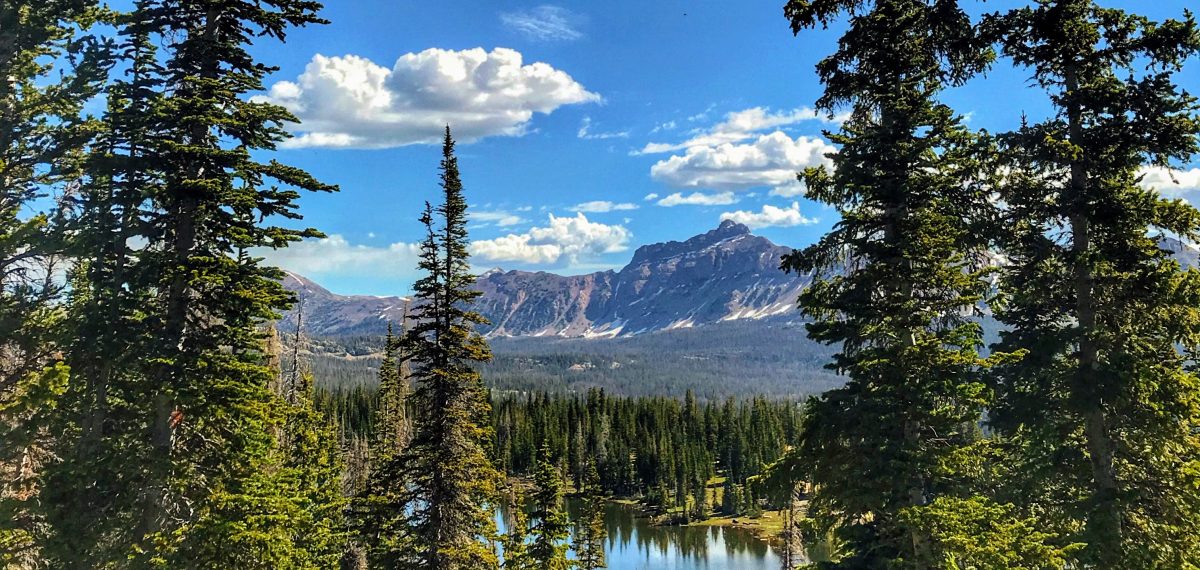As a Christian, specifically a member of the Church of Jesus Christ of Latter-day Saints, I often feel constrained to see how the pieces of my life should fit together coherently. Likewise I strain to see how world history can be condensed into a single epic narrative, and I search, many times fruitlessly, to understand our current political situation as a logical step or rational progression in a history arcing toward equal justice. However, lately, this tidy vision through which I tend to see my life, and the events swirling around it, has become more clouded, and the inherent meaninglessness of certain tasks, or irrationality of certain phenomenons has led me to question this more optimistic narrative.
The immediate cause of this paradigm shift has been my new job as a paralegal at a debt collection law practice. The coldly amoral yet supposedly perfect economic market justice so extolled by neoliberals and libertarians loses its shiny quality when applied to the cases of the impoverished saddled with debt at steep interest rates that doom them to wage garnishments, abysmal credit scores, and a life spent paying off the debt at rates barely even with the per diem interest increase. The fact that the debt collection industry has become an industry worth billions of dollars is a sad reflection on the economic condition of our working class. In my job I find myself in almost perpetual internal conflict. The utter disregard our law firm has for the day-to-day condition of the debtors we are obliged to collect from is nothing short of depressing.
For context, the situation of one debtor I will call Anna. She called me one morning, intermittently crying about her $20,000 car debt, her abusive ex-husband, her now deceased fiancee who committed suicide months ago, and the emotional trauma she still deals with from her tumultuous life. She is only the co-signer to the car loan she now owes on–and alleges her ex-husband virtually forced her to do so–but is nonetheless being garnished at rates that forced her to call us. It was a call she made out of desperation, not believing that there was anything to be done. Fortunately, we were able to work out a partial release of the garnishment, such that she would only be required to pay $100 each pay-check (a $200 reduction). However, around a week later we came to find out that the release of garnishment was late in being applied and we received a $350 garnishment for her. I talked to the attorney in charge about what could be done (could we send back the money? etc.). He replied that our firm “does its best” to work with debtors and that our policy is to never give back money once given. In my opinion, a cynical approach, although, no doubt, a monetarily profitable one. Entering that garnishment from Anna into our financial accounting system was painful, but a sort of dull pain borne out of a sense of moral exhaustion.
In “high church” tradition, now the lesson. What sort of coherent and uplifting moral can be drawn from these experiences? What can be learned from witnessing such devastation? Especially as a witness actively involved in abetting such devastation? My mind was never before drawn to the existentialists, but these past few weeks have rosied their philosophical worldview. Yet, I still hesitate to reject any sense of meaning, any order in this world of ours. My faith gives me a different perspective, and perhaps one that still holds out understanding for those bleak moments in which life, beyond simply appearing unfair, starts to shed all its meaning. Through my hope in Jesus Christ, I have already acknowledged a central character in a universal narrative that lends meaning to life. Through my understanding of his sacrifice, I acknowledge an ends, a goal that gives eternal significance to our time here. Nonetheless, I believe that this grand purpose to life, should not be conflated to mean that every single moment on earth has a similar grand design. Maybe it does, but I tend to doubt that every single moment has an inherent moral valence, that each second is imbued with a grander purpose. I am moving in the direction of believing that some moments may be purposeless, inchoate, or senseless. In these times, I believe, it is up to us to imbue them with a grander meaning. To wrestle with what it means to exist in a complex world. Cognizant of a grander (macro) design, but mindful of the fact that we may have a much more integral role in imbuing the seemingly trivial and mundane (micro) events around us with purpose and meaning than we tend to suppose.


